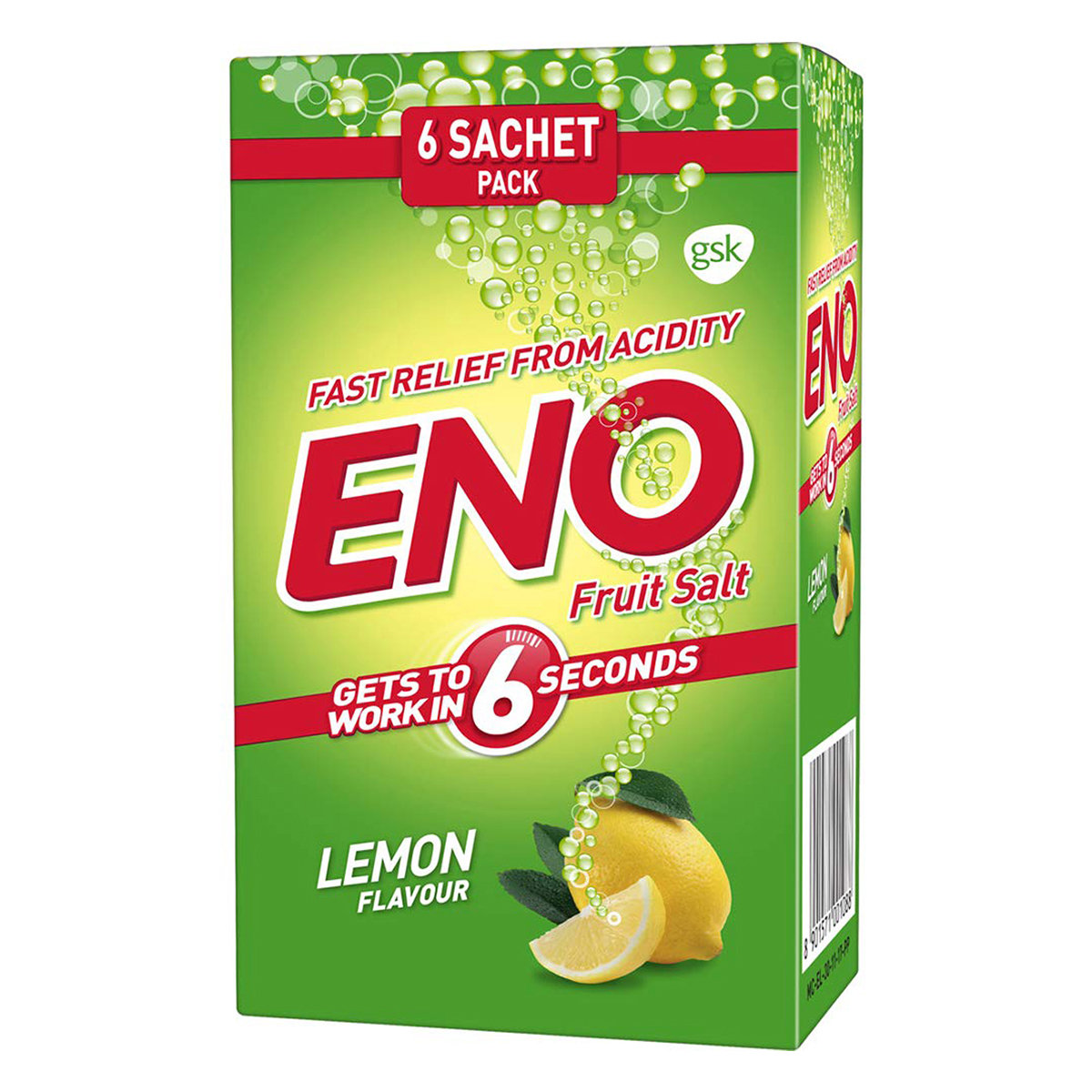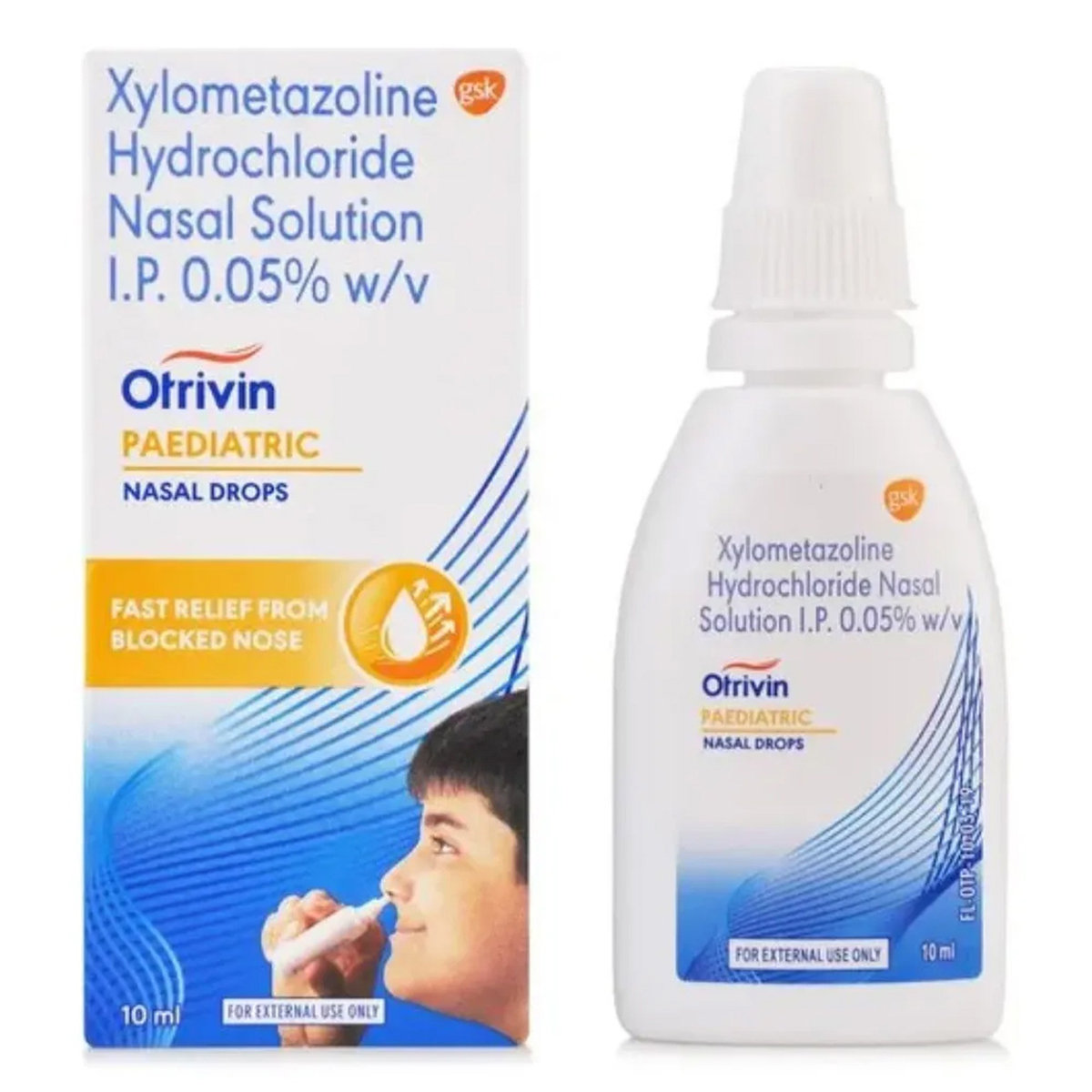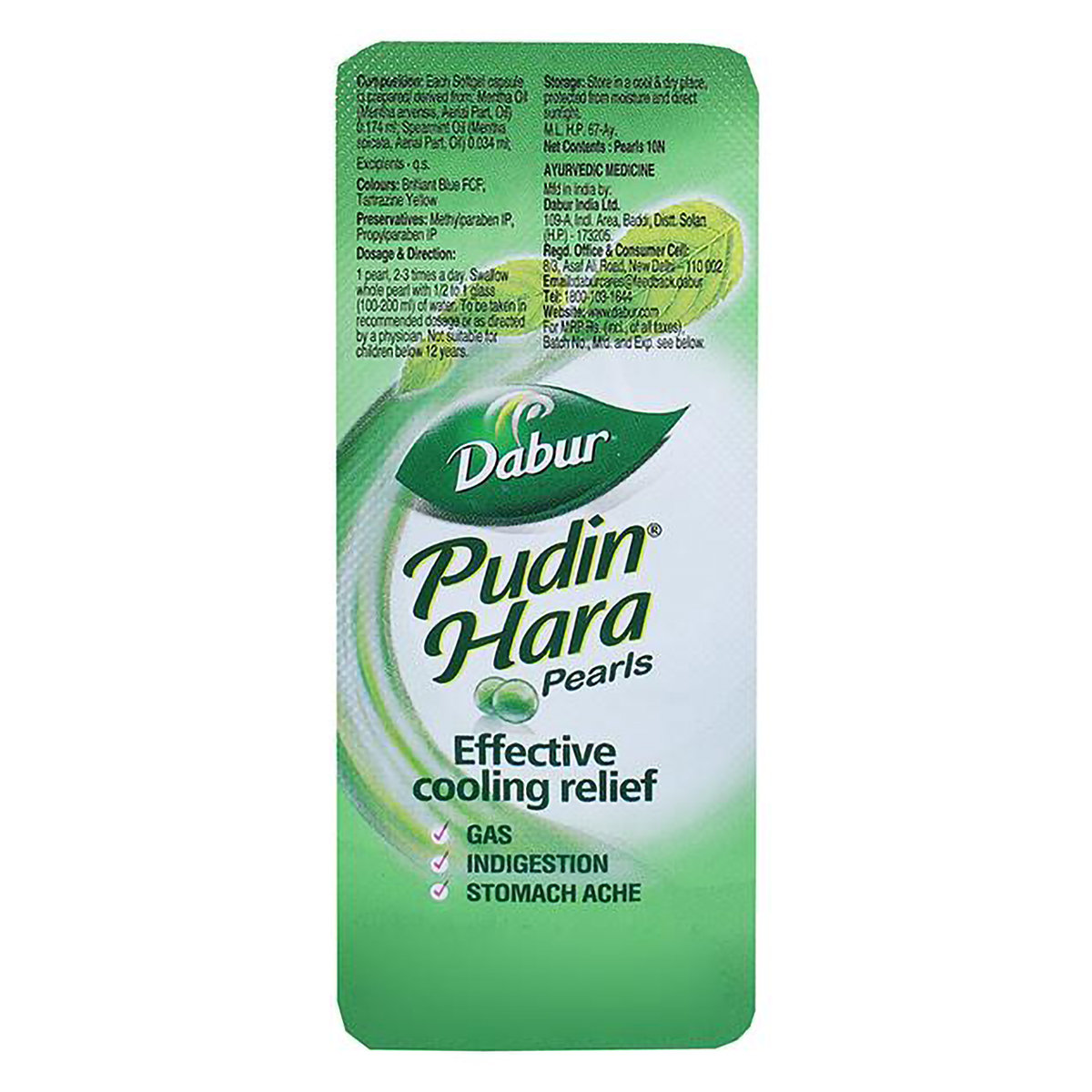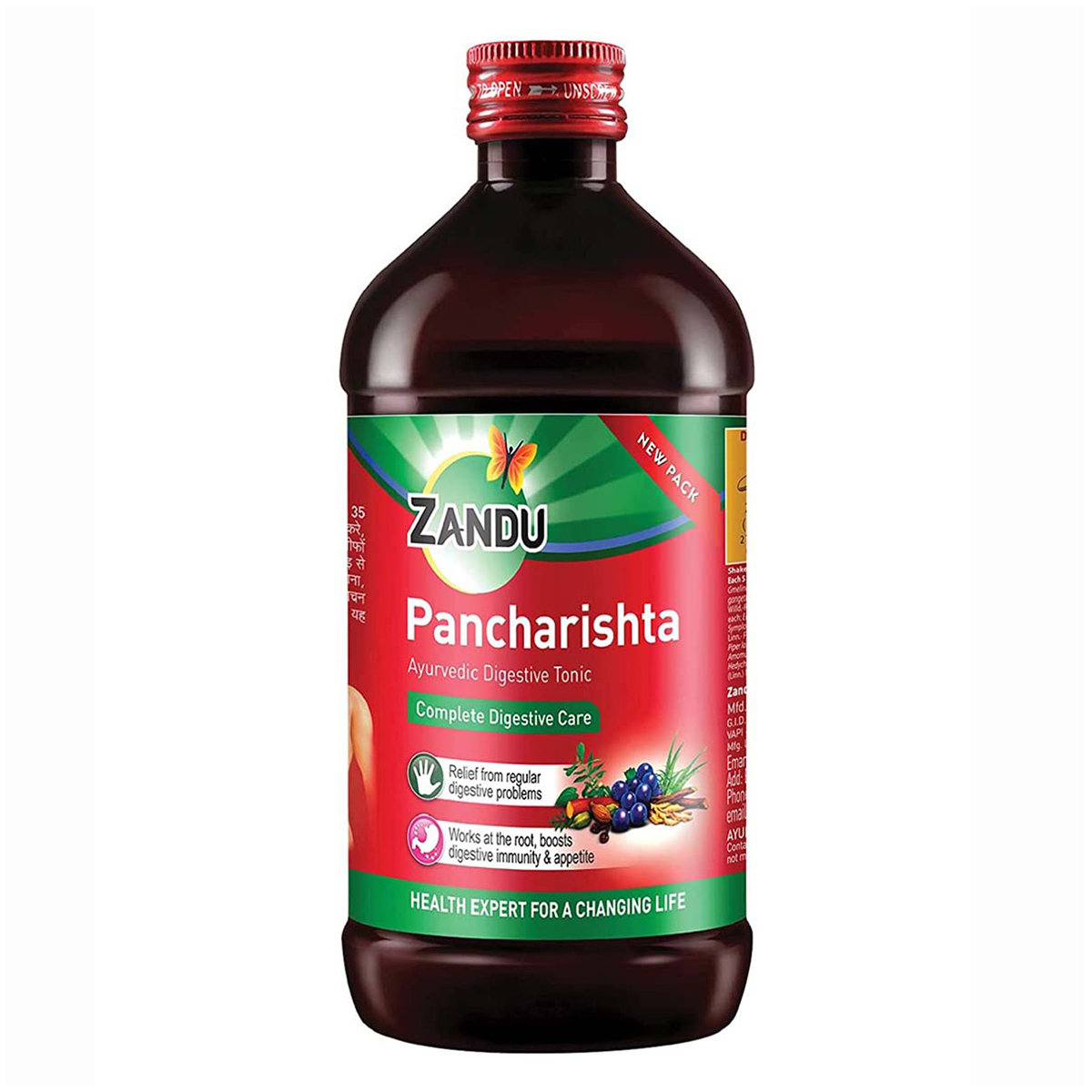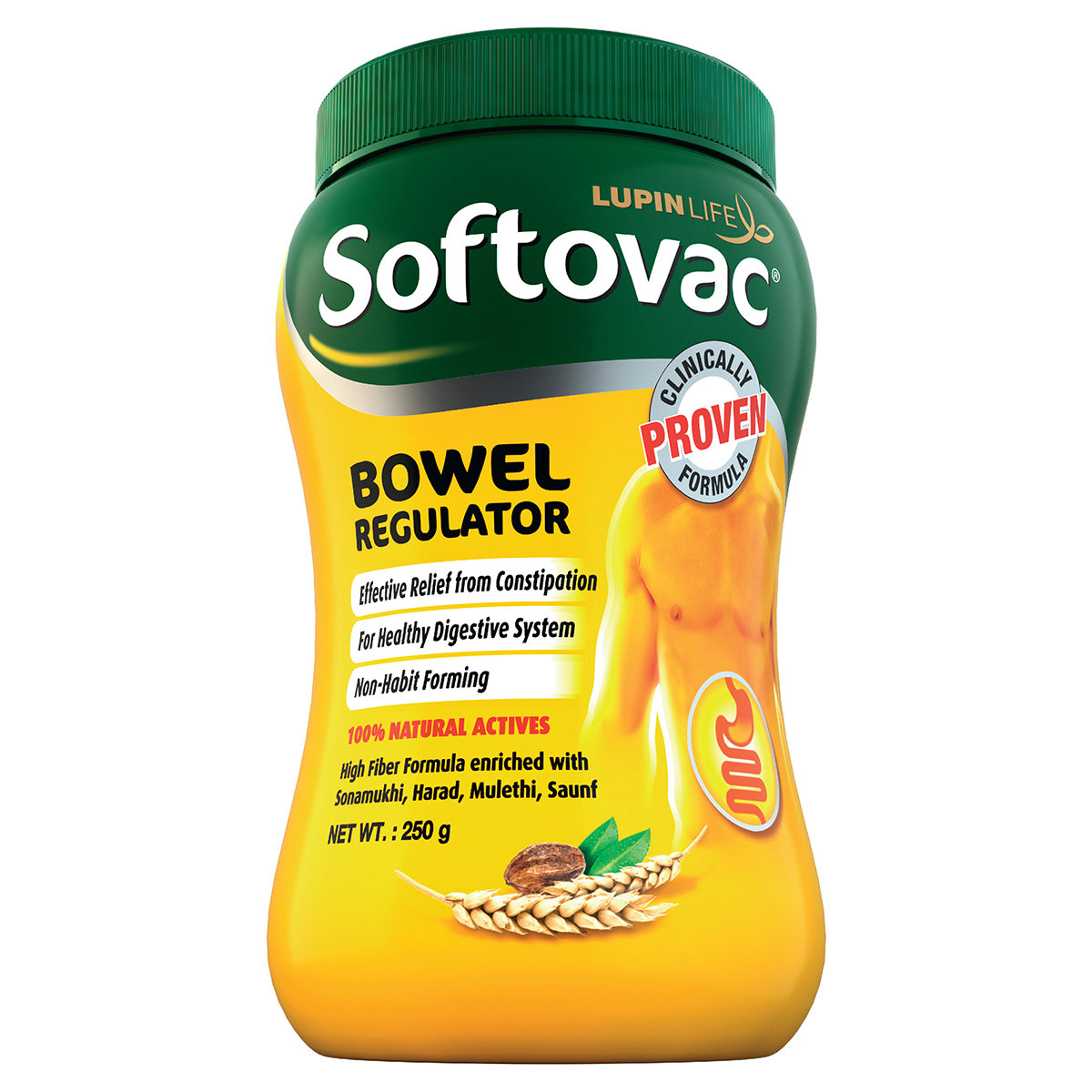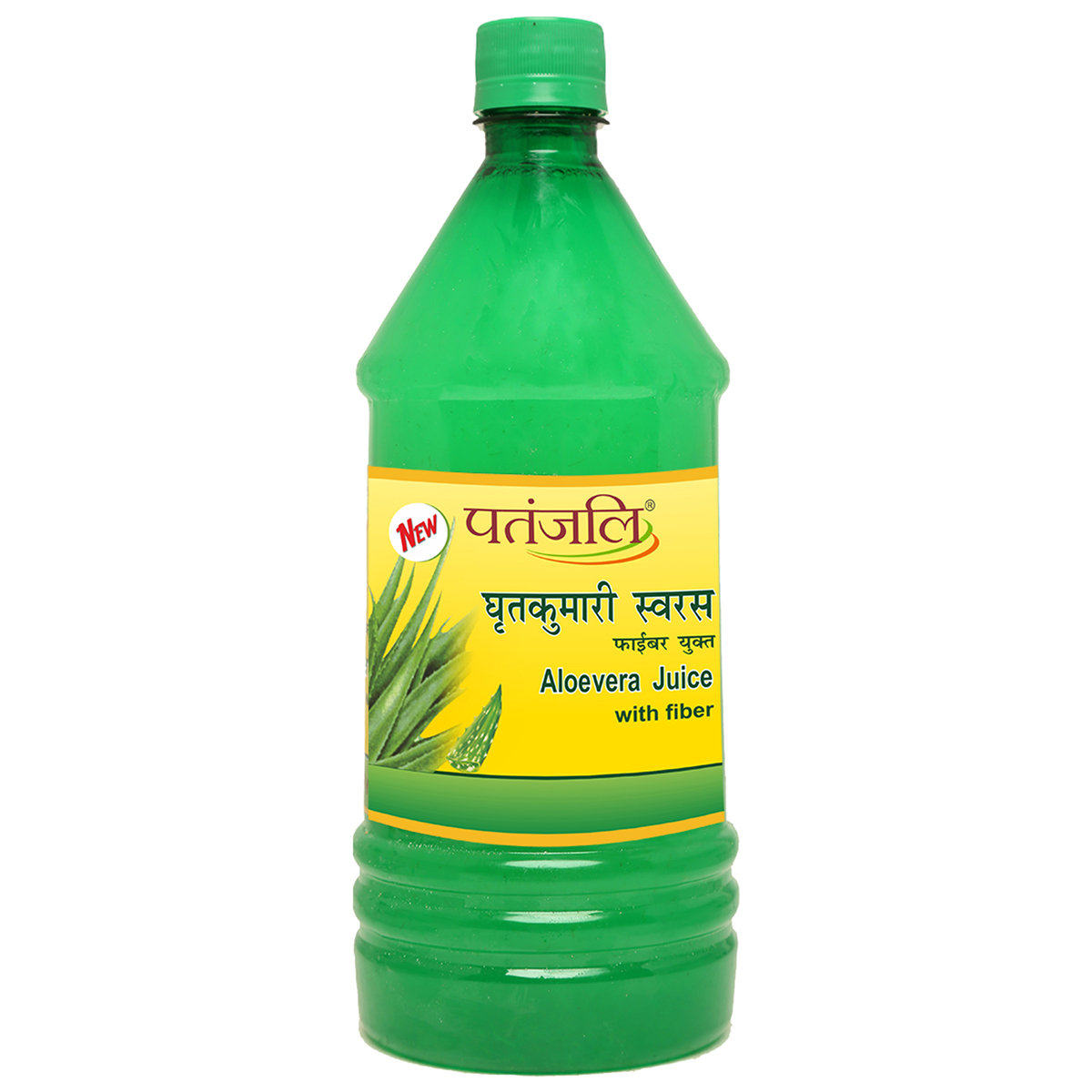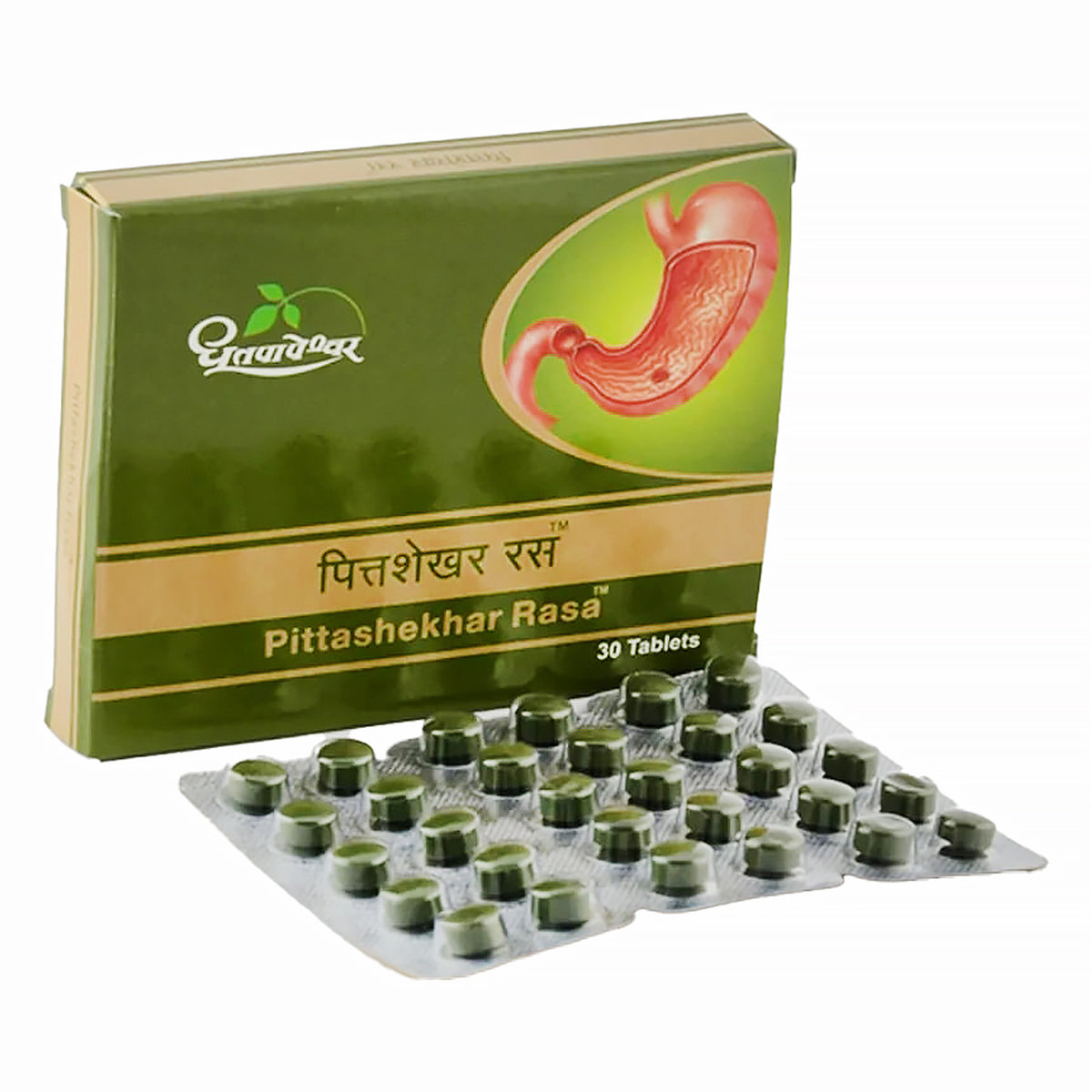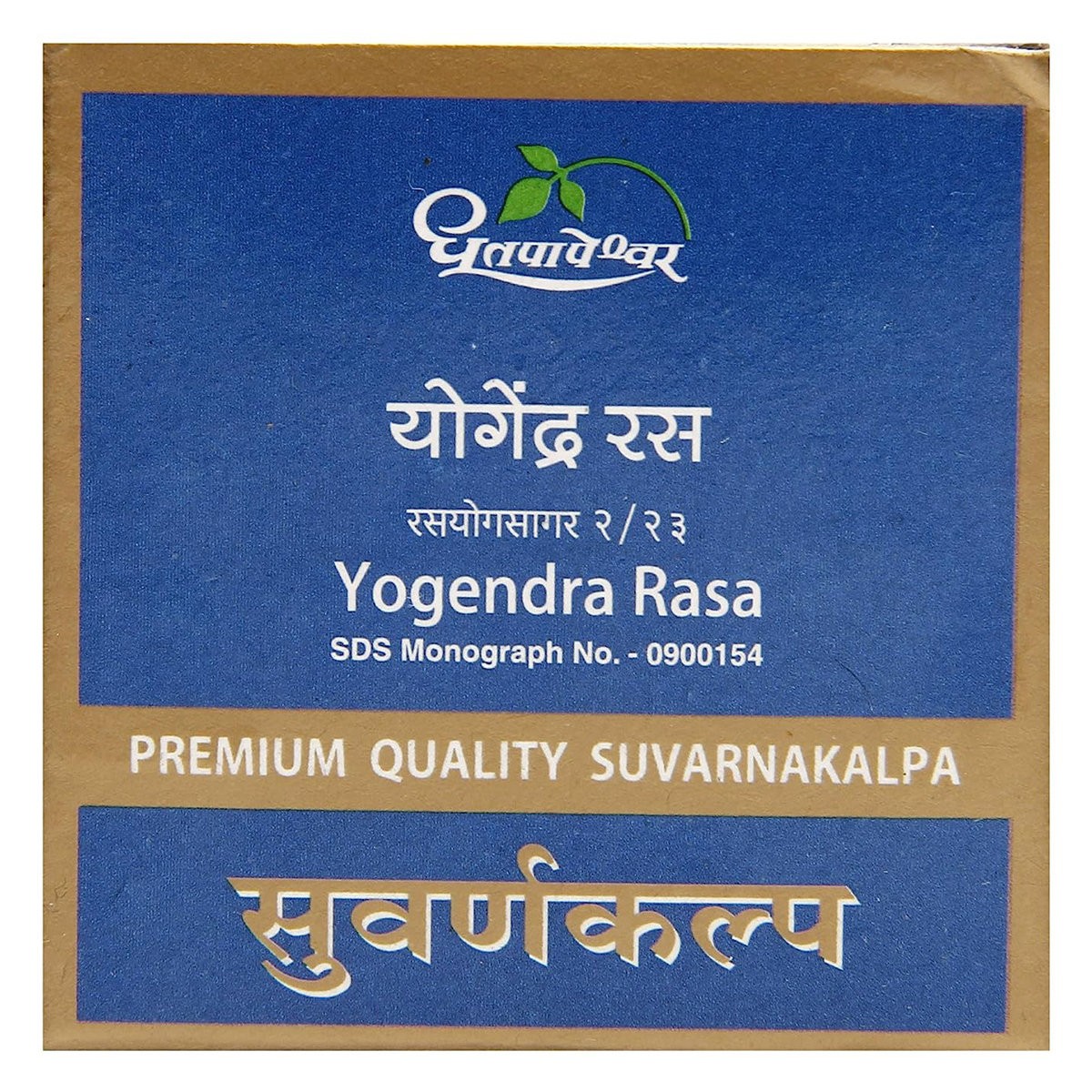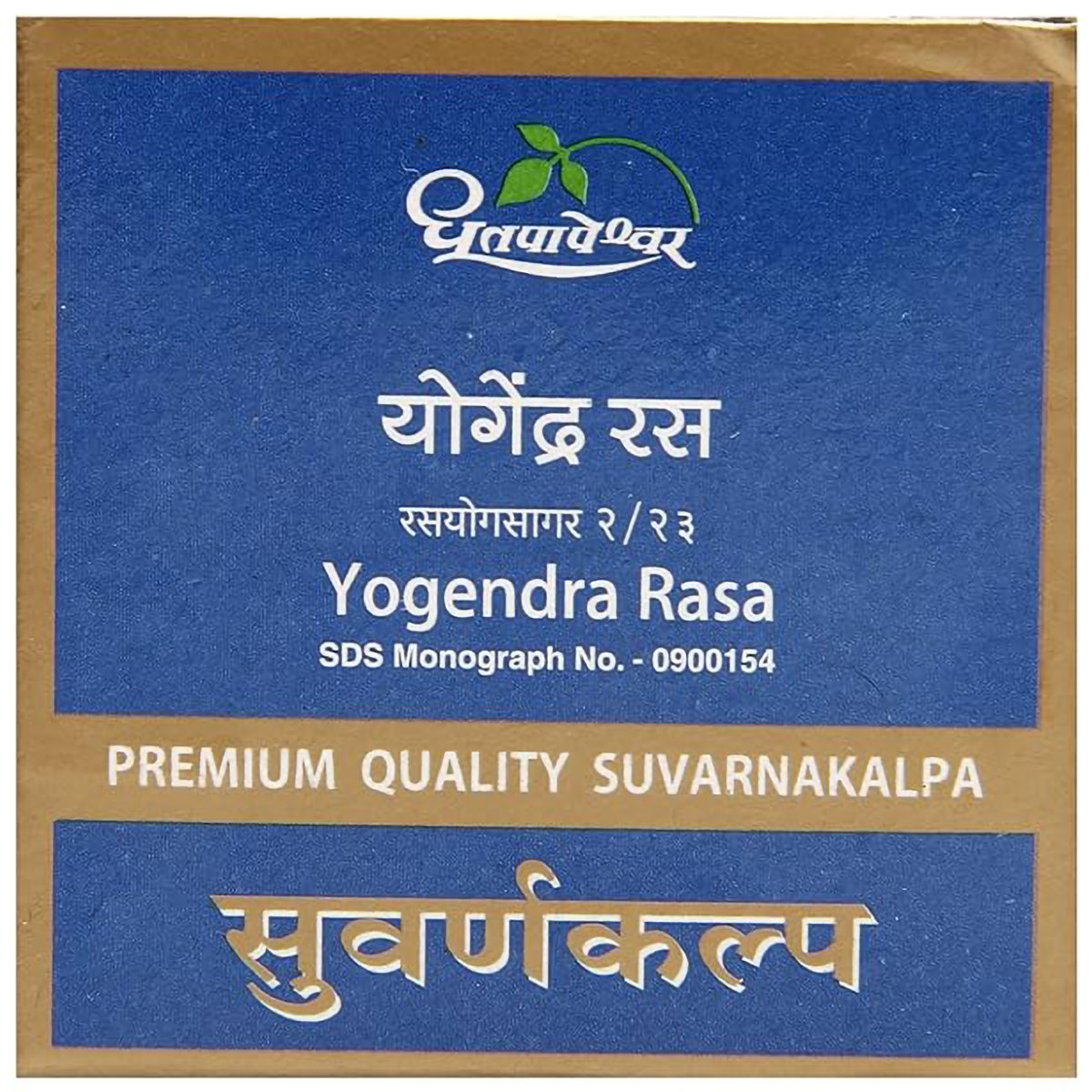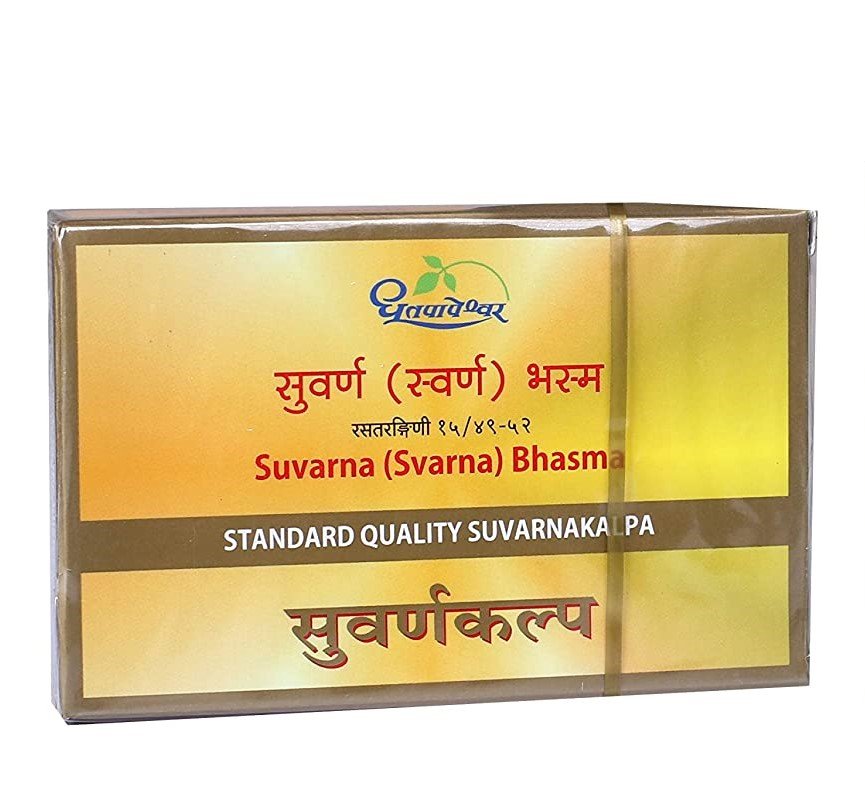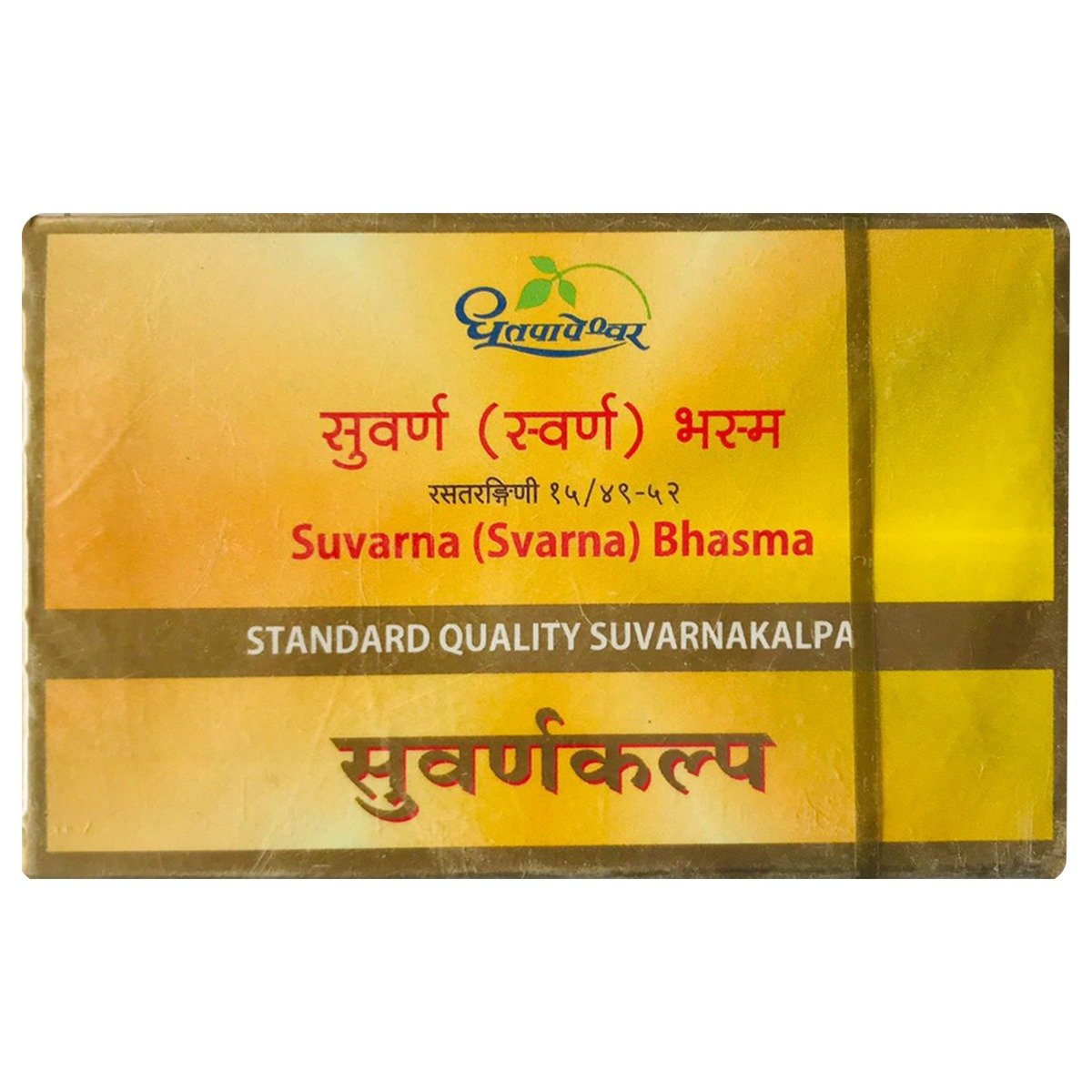Pacimol MF 250 Suspension 60 ml
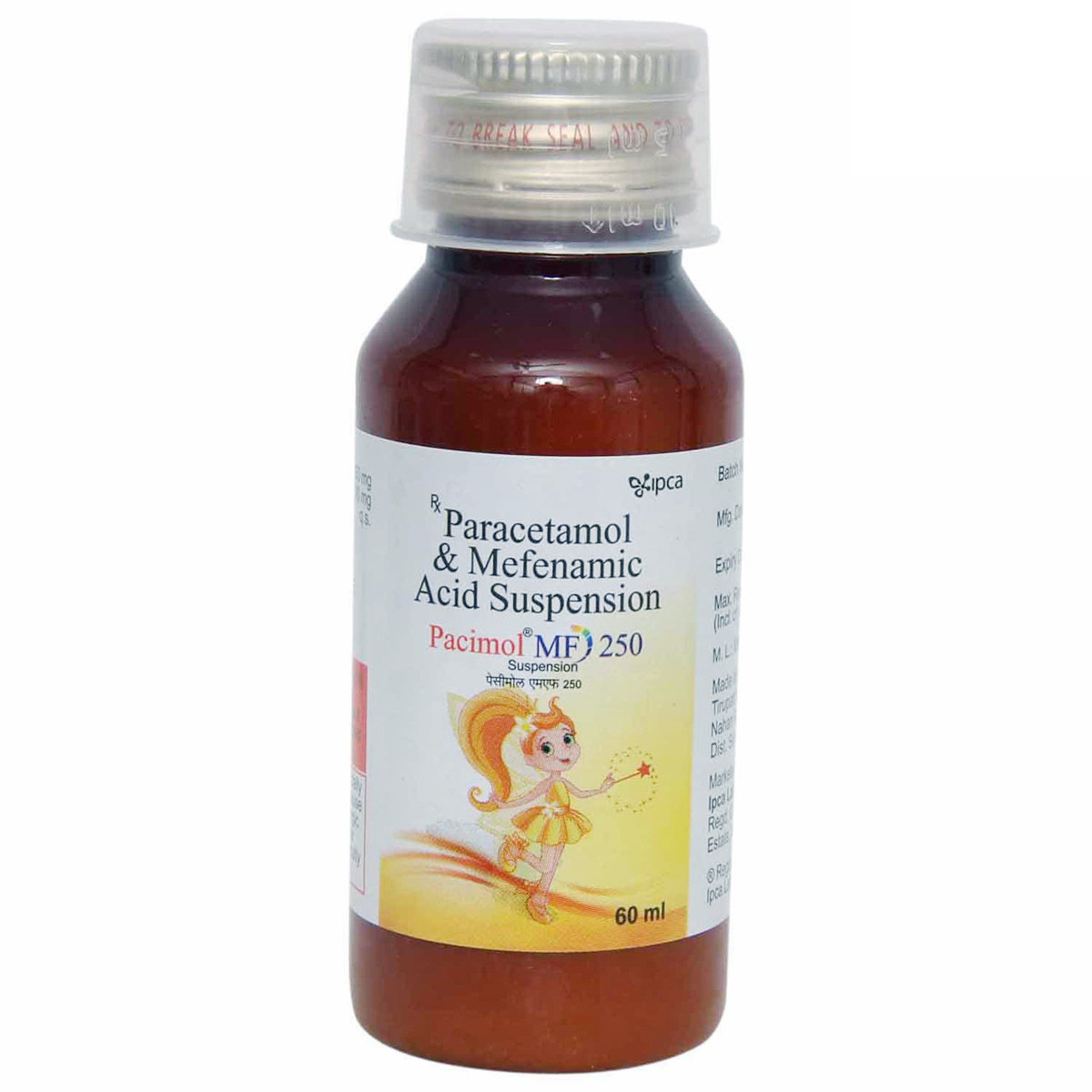
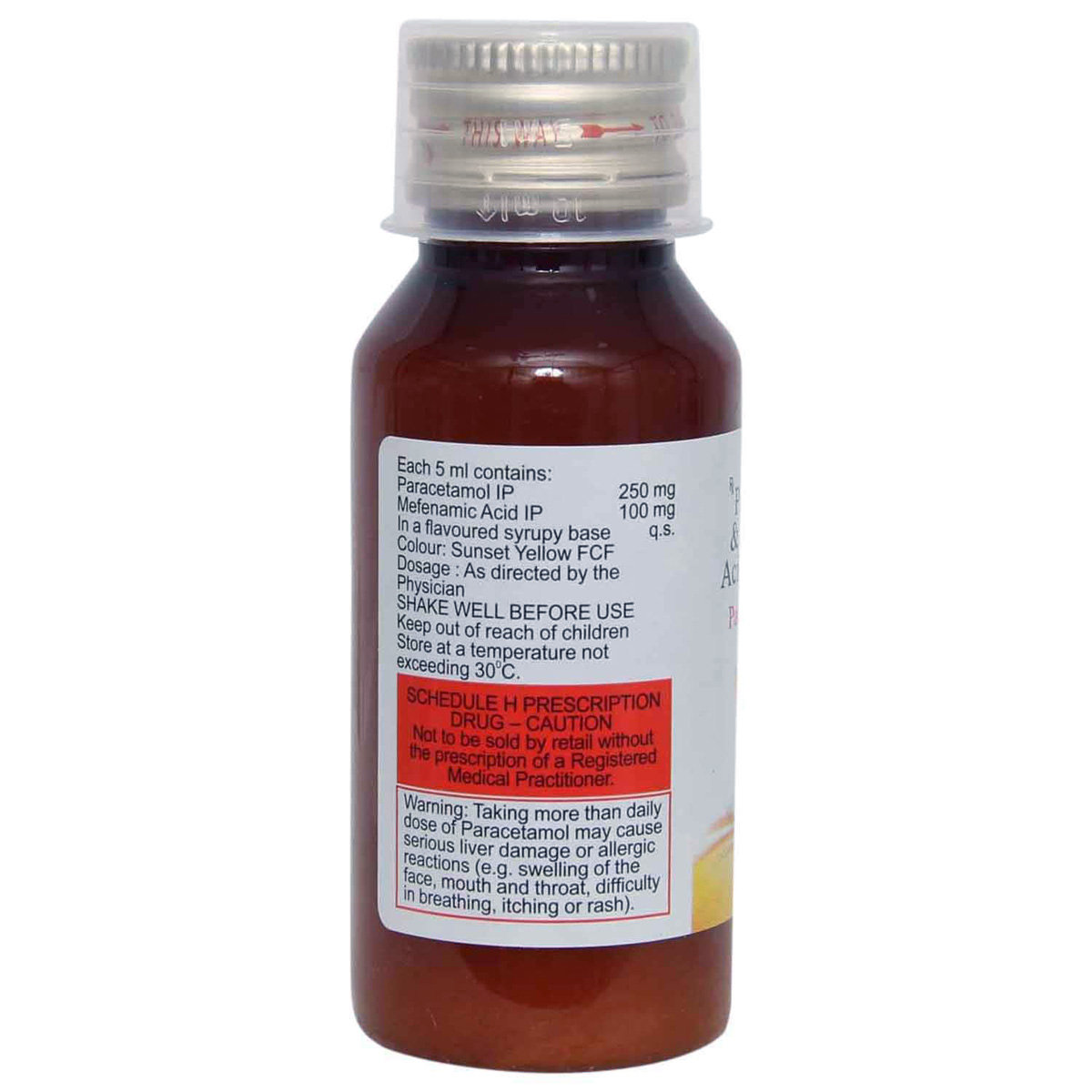
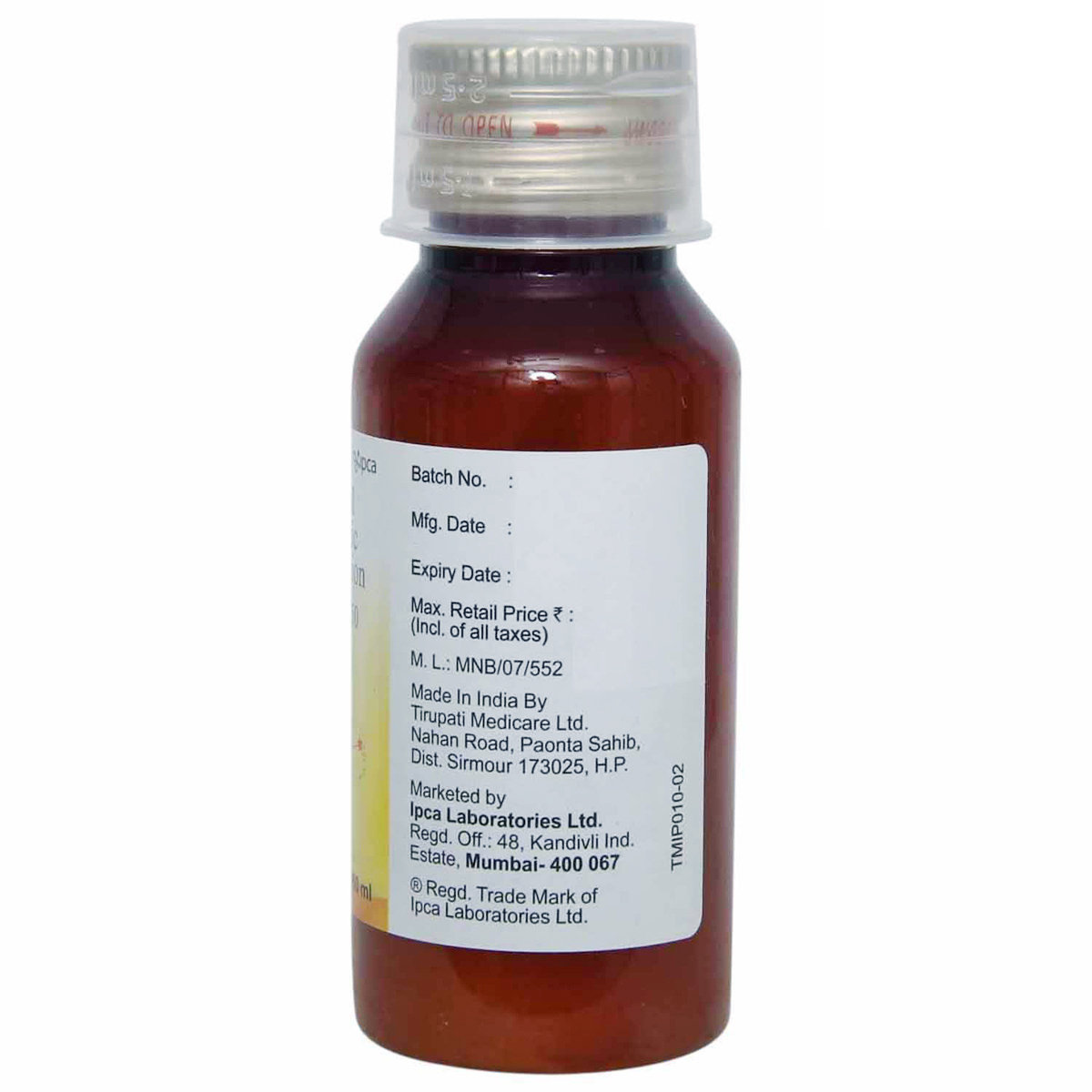
₹90.5
(Inclusive of all Taxes)
₹13.6 Cashback (15%)
Pacimol MF 250 Suspension is used to treat fever and mild to moderate pain in children. It contains Mefenamic acid and Paracetamol. It works by blocking the action of chemical messengers responsible for making the child feel the sensation of pain, swelling, and other symptoms associated with pain. It reduces a high temperature (fever) by altering the chemical messengers in an area of the brain that regulates body temperature.
Know Your Delivery Time
Provide Delivery Location
 Prescription drug
Prescription drugWhats That
 46 people bought
46 people bought 
Secure Payment

India's Most Trusted Pharmacy

Genuine Products
Composition :
Manufacturer/Marketer :
Consume Type :
Return Policy :
Expires on or after :
About Pacimol MF 250 Suspension
Pacimol MF 250 Suspension is used to relieve pain. Pain can be acute (temporary) or chronic (long-lasting). Acute pain is short-term and caused by damage to the tissues of the muscle, bone, or other organs. Chronic pain lasts for a long duration and is caused by pathologies like nerve damage, etc. It helps provide relief from symptoms of muscle pain and dental pain in children. Pacimol MF 250 Suspension is also used to reduce fever.
Pacimol MF 250 Suspension is a combination medicine containing two drugs, namely, Mefenamic acid (NSAID) and Paracetamol (antipyretic). Mefenamic acid works by blocking the effect of a chemical known as prostaglandin, responsible for inducing pain and inflammation in our body. Paracetamol lowers the elevated body temperature and mild pain by inhibiting the synthesis of a chemical messenger (prostaglandin) and promoting heat loss (through sweating) that helps reset the hypothalamic thermostat.
Pacimol MF 250 Suspension may cause certain side effects in your child, such as abdominal pain, cold-like nose symptoms (in children), or diarrhoea (in children). These side effects do not require medical attention and gradually resolve over time. However, if the side effects persist or worsen, please consult your paediatrician. Pacimol MF 250 Suspension should be taken as advised by your doctor. Do not give more than the prescribed dose of Pacimol MF 250 Suspension to the child. Pacimol MF 250 Suspension can be given with or without food. The dose of the medicine will be decided by your paediatrician depending on the type and severity of the infection.
Pacimol MF 250 Suspension is intended for pediatric use only. Avoid giving Pacimol MF 250 Suspension to your child if she/he is allergic to antibiotics. Keep your doctor informed about your child’s health condition, including his current medications and medical history, to rule out any side effects/interactions. Before administration, inform your child’s doctor about liver and kidney disease. Pacimol MF 250 Suspension is not recommended for use in children below six months of age as its safety and efficacy are not established.
Uses of Pacimol MF 250 Suspension
Pacimol MF 250 Suspension is used in the treatment of pain and fever in children. The detailed uses of Pacimol MF 250 Suspension are as follows:
- Pain Relief: Pacimol MF 250 Suspension is commonly used to alleviate moderate to severe pain, including headaches, dental pain, and muscle aches.
- Fever Reduction: Pacimol MF 250 Suspension can be effective in lowering fever, making it suitable for treating febrile conditions associated with various infections.
- Post-Surgical Pain Relief: Pacimol MF 250 Suspension may be used to manage pain following surgical procedures, helping children to recover more comfortably.
- Treatment of Inflammatory Conditions: Pacimol MF 250 Suspension can be utilised to reduce inflammation and pain associated with conditions like arthritis or other inflammatory disorders.
Directions for Use
- Pacimol MF 250 Suspension can be given to your child with food to prevent stomach upset.
- Typically, it is given 2-3 times a day. However, follow the doctor's instructions regarding the required dosage and timing of this medication for optimal effectiveness.
- Shake the bottle well before each use.
- Give the prescribed dose to your child by mouth using the measuring cup/dosing syringe/dropper provided with the pack.
- Avoid using regular household spoons, as they may not measure the dose correctly.
Medicinal Benefits
Pacimol MF 250 Suspension is a combination medicine of Mefenamic acid (an NSAID) and Paracetamol (an antipyretic). Ibuprofen works by blocking the effect of a chemical known as prostaglandin, which is responsible for inducing pain and inflammation in our body. Paracetamol lowers elevated body temperature and mild pain by inhibiting the synthesis of a chemical messenger (prostaglandin) and promoting heat loss (through sweating) that helps reset the hypothalamic thermostat.
How Pacimol MF 250 Suspension Works
Storage
- Inform your doctor about the nausea and discuss possible alternatives to the medication or adjustments to the dosage.
- Divide your daily food intake into smaller, more frequent meals to reduce nausea.
- Opt for bland, easily digestible foods like crackers, toast, plain rice, bananas, and applesauce.
- Avoid certain foods that can trigger nausea, such as fatty, greasy, spicy, and smelly foods.
- Drink plenty of fluids, such as water, clear broth, or electrolyte-rich beverages like coconut water or sports drinks.
- Use ginger (tea, ale, or candies) to help relieve nausea.
- Get adequate rest and also avoid strenuous activities that can worsen nausea.
- Talk to your doctor about taking anti-nausea medication if your nausea is severe.
- Record when your nausea occurs, what triggers it, and what provides relief to help you identify patterns and manage your symptoms more effectively.
- Preventing Vomiting (Before it Happens)
- Take medication exactly as prescribed by your doctor. This can help minimize side effects, including vomiting.
- Having a small meal before taking your medication can help reduce nausea and vomiting.
- Talk to your doctor about taking anti-nausea medication along with your prescribed medication.
- Managing Vomiting (If it Happens)
- Try taking ginger in the form of tea, ale, or candy to help alleviate nausea and vomiting.
- What to Do if Vomiting Persists
- Consult your doctor if vomiting continues or worsens, consult the doctor for guidance on adjusting your medication or additional treatment.
- Drink water or other clear fluids.
- To prevent worsening of pain, limit intake of tea, coffee, or alcohol.
- Include bland foods like rice, toast, crackers, and rice in your diet.
- Avoid lying down immediately after eating as it may cause indigestion or heartburn.
- Avoid acidic and spicy food as it may cause indigestion.
- Inform Your Doctor: Notify your doctor immediately about your diarrhoea symptoms. This allows them to adjust your medication or provide guidance on managing side effects.
- Stay Hydrated: Drink plenty of fluids to replace lost water and electrolytes. Choose water, clear broth, and electrolyte-rich drinks. Avoid carbonated or caffeinated beverages to effectively rehydrate your body.
- Follow a Bland Diet: Eat easy-to-digest foods to help firm up your stool and settle your stomach. Try incorporating bananas, rice, applesauce, toast, plain crackers, and boiled vegetables into your diet.
- Avoid Trigger Foods: Steer clear of foods that can worsen diarrhoea, such as spicy, fatty, or greasy foods, high-fibre foods, and dairy products (especially if you're lactose intolerant).
- Practice Good Hygiene: Maintain good hygiene to prevent the spread of infection. To stay healthy, wash your hands frequently, clean and disinfect surfaces regularly, and avoid exchanging personal belongings with others.
- Take Anti-Diarrheal Medications: If your doctor advises, anti-diarrheal medications such as loperamide might help manage diarrhoea symptoms. Always follow your doctor's directions.
- Keep track of your diarrhoea symptoms. If they don't get better or worse or are accompanied by severe stomach pain, blood, or dehydration signs (like extreme thirst or dark urine), seek medical help.
- Inform your doctor about your constipation symptoms. They may adjust your medication or advise alternative treatments.
- Stay hydrated by drinking sufficient of water (at least 8-10 glasses a day) to help soften stool and promote bowel movements.
- Increase fibre intake by eating foods high in fibre, such as fruits, whole grains, vegetables and legumes, to help bulk up the stool.
- Establish a bowel routine by trying to go to the bathroom at the same time each day to train your bowels.
- Engaging in regular exercise, like walking or yoga, can support in bowel movement stimulation.
- Consult your doctor if constipation persists, and discuss alternative treatments or adjustments to your medication.
- Take medications with food (if recommended): It can help prevent stomach distress and indigestion.
- Eat smaller, more frequent meals: Divide daily food intake into smaller, more frequent meals to ease digestion.
- Avoid trigger foods: Identify and avoid foods that trigger indigestion, such as spicy, fatty, or acidic foods.
- Stay upright after eating: Sit or stand upright for at least 1-2 hours after eating to prevent stomach acid from flowing into the oesophagus.
- Avoid carbonated drinks: Avoid drinking carbonated beverages, such as soda or beer, which can worsen indigestion.
- Manage stress: To alleviate indigestion, engage in stress-reducing activities like deep breathing exercises or meditation.
- Consult a doctor if needed: If indigestion worsens or persists, consult a healthcare professional to adjust the medication regimen or explore alternative treatments.
- Inform your doctor about dry mouth symptoms. They may adjust your medication regimen or prescribe additional medications to manage symptoms.
- Drink plenty of water throughout the day to help keep your mouth moist and alleviate dry mouth symptoms.
- Chew sugar-free gum or candies to increase saliva production and keep your mouth moisturized.
- Use saliva substitutes, such as mouthwashes or sprays, only if your doctor advises them to help moisturize your mouth and alleviate dry mouth symptoms.
- Avoid consuming smoking, alcohol, spicy or acidic foods, and other irritants that may aggravate dry mouth symptoms.
- Schedule regular dental check-ups to keep track of your oral health and handle any dry mouth issues as they arise.
What if I have taken an overdose of Pacimol MF 250 Suspension
Drug Warnings
Avoid giving Pacimol MF 250 Suspension to your child if she or he is allergic to it. Keep your pediatrician informed about your child’s health condition, including their previous medications and medical history, to rule out any side effects or interactions. Before administration, inform the pediatrician about all the OTC medicines, including other vitamin supplements, that your child is taking. It is advised not to give more than the prescribed dose of medicine. Also, inform your doctor if your child has liver or kidney-related issues before administration. Pacimol MF 250 Suspension is intended for use by children. Hence, adults, pregnant women, and breastfeeding mothers should avoid taking this medicine.
Drug-Drug Interactions
Drug-Drug Interactions
Login/Sign Up
Co-administration of Pacimol MF 250 Suspension 60 ml with Meloxicam together can increase the risk or severity of bleeding.
How to manage the interaction:
Taking Pacimol MF 250 Suspension 60 ml with Meloxicam together is generally avoided as it can result in an interaction, it can be taken if a doctor has advised it. However, if you notice any unusual bleeding or bruising, other signs of bleeding, dizziness, lightheadedness, red or black tarry stools, coughing up or vomiting blood, severe headache, and weakness, you should contact a doctor immediately. Do not stop using any medications without talking a doctor.
Coadministration of Pacimol MF 250 Suspension 60 ml with Ketorolac can increase the risk or severity of gastric bleeding and ulcers.
How to manage the interaction:
Taking Pacimol MF 250 Suspension 60 ml with Ketorolac together can result in an interaction, it can be taken if your doctor has advised it. However, if you notice any unusual bleeding or bruising, other signs of bleeding, dizziness, lightheadedness, red or black tarry stools, coughing up or vomiting blood, severe headache, and weakness, you should contact a doctor immediately. Do not stop using any medications without talking to a doctor.
Coadministration of Pacimol MF 250 Suspension 60 ml with Etodolac can increase the risk or severity of gastric bleeding, ulceration, and rarely, perforation leading to serious blood loss.
How to manage the interaction:
Taking Pacimol MF 250 Suspension 60 ml with Etodolac together can result in an interaction, it can be taken if a doctor has advised it. However, if you notice any unusual bleeding or bruising, dizziness, lightheadedness, red or black tarry stools, coughing up or vomiting blood, severe headache, and weakness, you should contact the doctor immediately. Do not stop using any medications without talking to a doctor.
Coadministration of Pacimol MF 250 Suspension 60 ml with Lomitapide can cause liver damage.
How to manage the interaction:
Co-administration of Pacimol MF 250 Suspension 60 ml with Lomitapide can result in an interaction, but it can be taken if your doctor has advised it. If you have any of these symptoms, it's important to contact a doctor right away - fever, chills, joint pain, swelling, bruising, skin rash, itching, loss of appetite, fatigue, nausea, vomiting, bleeding, pain, dark urine, or liver damage. Do not stop using any medications without a doctor's advice.
Coadministration of Pacimol MF 250 Suspension 60 ml with Tenofovir disoproxil can show additive effect and increase the risk or severity of kidney problems.
How to manage the interaction:
Taking Pacimol MF 250 Suspension 60 ml with Tenofovir Disoproxil together can result in an interaction, it can be taken if your doctor has advised it. However, if you notice any unusual bleeding or bruising, dizziness, red or black tarry stools, vomiting blood, severe headache, and weakness, you should contact a doctor immediately. Do not stop using any medications without talking to a doctor.
Coadministration of Pacimol MF 250 Suspension 60 ml with Warfarin can increase the risk of bleeding.
How to manage the interaction:
Taking Pacimol MF 250 Suspension 60 ml with Warfarin together can result in an interaction, it can be taken if a doctor has advised it. However, if you notice unusual bleeding or bruising, vomiting, blood in your urine or stools, headache, dizziness, or weakness, contact a doctor immediately. Do not stop using any medications without consulting a doctor.
Co-administration of Pacimol MF 250 Suspension 60 ml with Prasugrel can increase the risk or severity of gastric bleeding, ulceration, and rarely, perforation leading to serious blood loss.
How to manage the interaction:
Taking Pacimol MF 250 Suspension 60 ml with Prasugrel together can result in an interaction, it can be taken if your doctor has advised it. However, if you notice any unusual bleeding or bruising, other signs of bleeding, dizziness, lightheadedness, red or black tarry stools, coughing up or vomiting blood, severe headache, and weakness, you should contact a doctor immediately. Do not stop using any medications without talking to a doctor.
Co-administration of Pacimol MF 250 Suspension 60 ml with Sirolimus can increase the risk or severity of kidney disorders.
How to manage the interaction:
Taking Pacimol MF 250 Suspension 60 ml with Sirolimus together can result in an interaction, but it can be taken if a doctor has advised it. However, if you notice any unusual bleeding or bruising, other signs of bleeding, dizziness, lightheadedness, red or black tarry stools, coughing up or vomiting blood, severe headache, and weakness, you should contact a doctor immediately. Do not stop using any medications without talking to a doctor.
Coadministration of Pacimol MF 250 Suspension 60 ml with Celecoxib can increase the risk or severity of bleeding and ulcers of the stomach.
How to manage the interaction:
Taking Pacimol MF 250 Suspension 60 ml with Celecoxib together can result in an interaction, it can be taken if your doctor has advised it. However, if you notice any unusual bleeding or bruising, loos stools, dizziness, lightheadedness, red or black tarry stools, coughing up or vomiting blood, severe headache, and weakness, you should contact a doctor immediately. Do not stop using any medications without talking to a doctor.
Coadministration of Pacimol MF 250 Suspension 60 ml with Leflunomide can increase the risk or severity of liver disease.
How to manage the interaction:
Taking Pacimol MF 250 Suspension 60 ml with Leflunomide together can result in an interaction, it can be taken if your doctor has advised it. However, if you notice any symptoms of fever, chills, joint pain or swelling, unusual bleeding or bruising, skin rash, itching, loss of appetite, fatigue, nausea, vomiting, dark-colored urine, light-colored stools, and/or yellowing of the skin or eyes, you should contact a doctor immediately. Do not stop using any medications without talking to a doctor.
Drug-Food Interactions
Drug-Food Interactions
Login/Sign Up
Diet & Lifestyle Advise
- Stress affects the child’s immune system and raises the risk of illness. Hence, try progressive muscle relaxation techniques to relieve stress.
- Sleeping for 7-9 hours each night can make your child stay fit and safe.
- Make your child to drink more fluids to avoid dehydration.
Habit Forming
Therapeutic Class
Pacimol MF 250 Suspension Substitute

Meftagesic-DS Mango Flavour Suspension 100 ml
by Others
₹0.74per tabletBrikamol-M Mango Flavour Suspension 60 ml
by Others
₹0.90per tabletAristomol M 250 Oral Suspension 60 ml
by Others
₹0.73per tabletPacimol-MF Oral Suspension 60 ml
by Others
₹1.36per tabletBig PM-DS Suspension 60 ml
by Others
₹1.24per tablet
Product Substitutes
Alcohol
Not applicable
-
Pregnancy
Not applicable
-
Breast Feeding
Not applicable
-
Driving
Not applicable
-
Liver
Caution
Please consult your doctor if your child has a liver impairment or if you have any concerns regarding this.
Kidney
Caution
Please consult your doctor if your child has a kidney impairment or if you have any concerns regarding this.
Children
Safe
Pacimol MF 250 Suspension is safe for children above 6 months of age if prescribed by the doctor. Your pediatrician will decide the dose of the medicine. Do not give your child more than the recommended dose.

Have a query?
FAQs
Pacimol MF 250 Suspension is used to treat Pain and Fever.
Mefenamic acid (NSAID) and Paracetamol (antipyretic). Mefenamic acid works by blocking the effect of a chemical known as prostaglandin, which is responsible for inducing pain and inflammation in our body. Paracetamol lowers elevated body temperature and mild pain by inhibiting the synthesis of a chemical messenger (prostaglandin) and promoting heat loss (through sweating).
Pacimol MF 250 Suspension can cause diarrhea as a side effect in some children. If your child has diarrhea that is watery or bloody, call your doctor. Do not use anti-diarrhea medicine unless your paediatrician tells you to.
The side effects of Pacimol MF 250 Suspension include nausea, indigestion, stomach pain and diarrhoea. If these side effects persist or worsen, please consult your doctor.
Yes, Pacimol MF 250 Suspension is safe to use in prescribed dose and duration. The patient should follow doctor’s recommendations.
Pacimol MF 250 Suspension is generally used for short term and can be stopped when the pain is relieved. However, it should be continued for as long as it is advised by your doctor.
Yes, the use of Pacimol MF 250 Suspension can cause nausea and vomiting. Taking it with food, milk, or antacids can avoid nausea. Avoid giving fried or fatty foods to your child along with Pacimol MF 250 Suspension. If vomiting occurs, let your child drink plenty of water or other fluids by taking small and frequent sips. If vomiting persists and if you notice signs of dehydration such as a low frequency of urination and dark colored and strong-smelling urine, consult your doctor. Do not give any other medicine to your child without consulting your doctor.
Pacimol MF 250 Suspension is contraindicated in patients with known allergy to painkillers (NSAIDS) or any of the components or excipients of this medicine. Also, let the doctor know if the patient has kidney or liver disease.
You are recommended to consult your doctor before giving Pacimol MF 250 Suspension to your child with vitamin B-complex or other supplements.
Yes, the long-term use of Pacimol MF 250 Suspension can cause damage to the kidneys. Normal kidneys produce prostaglandins, a chemical that protects them from damage. Long term use of painkillers lowers the prostaglandins levels in the body leading to kidney damage. Therefore, painkillers are not recommended to patients with underlying kidney disease.
No, taking higher than the recommended dose of Pacimol MF 250 Suspension may increase the risk of side effects such as nausea, vomiting, indigestion, heartburn, diarrhoea and can also harm kidneys when used for extended period of time. If your child pain is not relieved by the recommended doses or if your child experiences increased severity of pain, please consult your doctor.
Store Pacimol MF 250 Suspension below 25°C. Protect from light. Keep it out of reach and sight of children.
Country of origin
Manufacturer/Marketer address
Customers Also Bought
Disclaimer
Author Details
We provide you with authentic, trustworthy and relevant information
Buy best C.n.s Drugs products by
Intas Pharmaceuticals Ltd
Sun Pharmaceutical Industries Ltd
Torrent Pharmaceuticals Ltd
Alkem Laboratories Ltd
Abbott India Ltd
Alteus Biogenics Pvt Ltd
Cipla Ltd
Micro Labs Ltd
Lupin Ltd
D D Pharmaceuticals Pvt Ltd
Ipca Laboratories Ltd
Tripada Healthcare Pvt Ltd
Arinna Lifesciences Ltd
Icon Life Sciences
Mankind Pharma Pvt Ltd
Linux Laboratories Pvt Ltd
East West Pharma India Pvt Ltd
Cnx Health Care Pvt Ltd
La Renon Healthcare Pvt Ltd
Talent India Pvt Ltd
Eris Life Sciences Ltd
Leeford Healthcare Ltd
Tas Med India Pvt Ltd
Emcure Pharmaceuticals Ltd
Macleods Pharmaceuticals Ltd
Consern Pharma Ltd
Zydus Healthcare Ltd
Troikaa Pharmaceuticals Ltd
Dr Reddy's Laboratories Ltd
Jagsam Pharma
Sigmund Promedica
Aristo Pharmaceuticals Pvt Ltd
Ardent Life Sciences Pvt Ltd
Zydus Cadila
Ikon Pharmaceuticals Pvt Ltd
Matias Healthcare Pvt Ltd
Shine Pharmaceuticals Ltd
Wockhardt Ltd
Theo Pharma Pvt Ltd
Propel Healthcare
Crescent Formulations Pvt Ltd
Lifecare Neuro Products Ltd
Reliance Formulation Pvt Ltd
Matteo Health Care Pvt Ltd
Mesmer Pharmaceuticals
Morepen Laboratories Ltd
Ajanta Pharma Ltd
Neon Laboratories Ltd
Capital Pharma
Med Manor Organics Pvt Ltd
Lyf Healthcare
Msn Laboratories Pvt Ltd
Sanix Formulation Pvt Ltd
Akumentis Healthcare Ltd
Pulse Pharmaceuticals
Brainwave Healthcare Pvt Ltd
Sanofi India Ltd
Solvate Laboratories Pvt Ltd
Cyrus Remedies Pvt Ltd
Elder Pharmaceuticals Ltd
Hetero Healthcare Pvt Ltd
Psyco Remedies Ltd
Medishri Healthcare Pvt Ltd
Alniche Life Sciences Pvt Ltd
Novartis India Ltd
Crescent Therapeutics Ltd
Hbc Life Sciences Pvt Ltd
Mova Pharmaceutical Pvt Ltd
Cadila Healthcare Ltd
Tripada Lifecare Pvt Ltd
Talin Remedies Pvt Ltd
Prevego Healthcare & Research Pvt Ltd
Serotonin Pharmaceuticals Llp
Solis Pharmaceuticals
Alembic Pharmaceuticals Ltd
Glenmark Pharmaceuticals Ltd
Infivis Life Care
Kivi Labs Ltd
Quince Lifesciences Pvt Ltd
Trion Pharma India Llp
Gagnant Healthcare Pvt Ltd
A N Pharmacia Laboratories Pvt Ltd
Primus Remedies Pvt Ltd
Crescent Pharmaceuticals
Glarizonto Pharma Pvt Ltd
Knoll Healthcare Pvt Ltd
Lia Life Sciences Pvt Ltd
Lyceum Life Sciences Pvt Ltd
Medopharm Pvt Ltd
Vasu Organics Pvt Ltd
Wallace Pharmaceuticals Pvt Ltd
Zuventus Healthcare Ltd
Arches Pharmaceuticals
Blue Cross Laboratories Pvt Ltd
Cadila Pharmaceuticals Ltd
Corona Remedies Pvt Ltd
Glial Life Science Llp
Lincoln Pharmaceuticals Ltd
Maneesh Pharmaceuticals Ltd
USV Pvt Ltd
Aareen Healthcare Pvt Ltd
Jenburkt Pharmaceuticals Ltd
Ozone Pharmaceuticals Ltd
Pfizer Ltd
Suraksha Pharma Pvt Ltd
Dycine Pharmaceuticals
Kuresys Labs Pvt Ltd
RPG Life Sciences Ltd
Sovyyn Pharmaceuticals
Apex Laboratories Pvt Ltd
FDC Ltd
Galaxus Pharmaceuticals
Gentech Healthcare Pvt Ltd
Gladstone Pharma India Pvt Ltd
Mano Pharma
Medley Pharmaceuticals Ltd
Overseas Health Care Pvt Ltd
Unimarck Healthcare Pvt Ltd
Walnut Life Sciences Pvt Ltd
Ikon Pharmachem
Madbris Lifesciences Pvt Ltd
Wings Pharmacuticals Pvt Ltd
Arbour Biotec Pvt Ltd
Divine Savior Pvt Ltd
Sbs Biotech
Strides Shasun Ltd
Adivis Pharma Pvt Ltd
Centaur Pharmaceuticals Pvt Ltd
Comed Chemicals Ltd
Hansh Pharmaceuticals
Kiosence Health Care Pvt Ltd
Mindwin Life Sciences Pvt Ltd
Oxpro Pharma Pvt Ltd
Startos Healthcare Pvt Ltd
Unichem International
Eysys Pharmaceutical Pvt Ltd
GlaxoSmithKline Pharmaceuticals Ltd
Health N U Therapeutics Pvt Ltd
LA Pharma
Lakarez Pharmaceuticals Pvt Ltd
Nicholas Piramal India Ltd
Olcare Laboratories Pvt Ltd
Systopic Laboratories Pvt Ltd
Unison Pharmaceuticals Pvt Ltd
Biochem Pharmaceutical Industries Ltd
Megma Healthcare Pvt Ltd
Salas Pharmaceuticals
Treatsure Pharma
Avis Lifecare Pvt Ltd
HEVEREN HEALTHCARE PVT LTD
Pills India Lifecare Solutions
Saanso Pharma Pvt Ltd
Septalyst Lifesciences Pvt Ltd
Solarium Pharmaceuticals
Starus Pharmaceuticals
Stature Life Sciences Pvt Ltd
Anglo French Drugs & Industries Ltd
Biozen Health Products Pvt Ltd
Geno Pharmaceuticals Pvt Ltd
Global Lifecare Pharma
Indoco Remedies Ltd
Myk Pharmaceuticals Ltd
OPINOR PHARMACEUTICALS PVT LTD
SMC HEALTHCARE PVT LTD
Chemo Healthcare Pvt Ltd
German Remedies Ltd
J B Chemicals & Pharmaceuticals Ltd
Pristine Pearl Pharma Pvt Ltd
Psychocare Health Pvt Ltd
Samarth Life Sciences Pvt Ltd
Sparsh Remedies Pvt Ltd
Glorior Biotech Pvt Ltd
Icarus Health Care Pvt Ltd
Meyer Organics Pvt Ltd
Obsurge Biotech Ltd
Ordain Health Care Global Pvt Ltd
Themis Pharmaceutical Ltd
Viltis Pharma Pvt Ltd
Arvincare
Auspharma Pvt Ltd
Johnson & Johnson Pvt Ltd
Snig Pharmaceuticals Pvt Ltd
Vrddhi Life Sciences
Yuventis Pharmaceuticals
Alathea Biotec Pvt Ltd
Alrafa Healthcare Pvt Ltd
Eisai Pharmaceuticals India Pvt Ltd
Helen Pharmaceuticals
Intra Life Pvt Ltd
Jagsonpal Pharmaceuticals Ltd
Johnlee Pharmaceuticals Pvt Ltd
Orsim Pharma
Tesla Labs
Torcium Biotech Pvt Ltd
Ucb India Pvt Ltd
Xender Biopharma & Research Llp
Biochemix Health Care Pvt Ltd
C'Estlavie Pharma
Cycus Healthcare Pvt Ltd
Humbing Ethicals
Knoll Pharmaceuticals Ltd
Laborate Pharmaceuticals India Ltd
Medgen Drugs And Laboratories Pvt Ltd
Meglife Pharmaceuticals Pvt Ltd
Themis Medicare Ltd
Wanbury Ltd
Alienist Pharmaceutical Pvt Ltd
Alna Biotech Pvt Ltd
Dr Bird Pharmaceuticals Opc Pvt Ltd
Rhine Biogenics Pvt Ltd
Solas Healthcare
URENUS PHARMACEUTICALS PVT LTD
Unipark Biotech Pvt Ltd
Winmark Healthcare Pvt Ltd
Zee Laboratories Ltd
Adonis Laboratories Pvt Ltd
Albert David Ltd
Anax Life Sciences Pvt Ltd
Arrient Healthcare Pvt Ltd
Canviko Healthcare Pvt Ltd
Delcure Life Sciences Ltd
Dhamus Pharma
Ishjas Pharma Pvt Ltd
Mitis Biomedics Ltd
Regenix Drugs Ltd
Ronyd Healthcare Pvt Ltd
Skn Organics Pvt Ltd
Steris Healthcare
Unichem Laboratories Ltd
Vanprom Lifesciences Pvt Ltd
Walton Health Care Pvt Ltd
Alarta Pharmaceuticals
Cognyzon Pharmaceuticals
Dolvis Bio Pharma Pvt Ltd
Elbrit Life Sciences Pvt Ltd
Ernst Pharmacia
Healing Pharma
Ideal Life Sciences Pvt Ltd
Lloyd Healthcare Pvt Ltd
Pharma Fabrikon
Ranbaxy Laboratories Ltd
Seagull Pharmaceutical Pvt Ltd
Silver Cross Medisciences Pvt Ltd
Unimarck Pharma India Ltd
Zenolia Life Science Pvt Ltd
An Pharmaceuticals Pvt Ltd
Bion Therapeutics (I) Pvt Ltd
East India Pharmaceutical Works Ltd
Kepler Healthcare Pvt Ltd
Larion Life Sciences Pvt Ltd
Lotus Life Sciences
Nexkem Pharmaceuticals Pvt Ltd
Psychotropics India Ltd
Race Pharmaceuticals Pvt Ltd
Saffron Therapeutics Pvt Ltd
Serum Institute Of India Pvt Ltd
Silok Pharmaceuticals
Siskan Pharma Pvt Ltd
3M India Ltd
Arkson Pharmaceuticals
Aurz Pharmaceutical Pvt Ltd
Auxesis Pharmaceuticals Pvt Ltd
Ficus Life Sciences Pvt Ltd
Force India Pharma
Geneaid Pharmaceuticals
HEALTHITUDE LIFESCIENCES PVT LTD
Helios Pharmaceuticals
Hetero Drugs Ltd
Kriven Health Solutions Pvt Ltd
Levin Life Sciences Pvt Ltd
Neurolife Pharmaceuticals Pvt Ltd
Pharmed Ltd
Q Check Pharmaceuticals
ROARMED PHARMACEUTICALS PVT LTD
Recoupe Pharma
Signova Pharma
Systemic Healthcare
Torque Pharmaceuticals Pvt Ltd
United Cure Biosciences Pvt Ltd
Win Medicare Ltd
Zodiacal Pharmaceuticals Pvt Ltd
Aar Ess Remedies Pvt Ltd
Alvris Life Science Pvt Ltd
Apellon Biotech
Arztin Pharma
Aspen Pharmaceutical Pvt Ltd
Delvin Formulations (P) Ltd
Erikson Pharma
Galpha Laboratories Ltd
Hauz Pharma Pvt Ltd
Human Biolife India Pvt Ltd
Hymax Healthcare Pvt Ltd
Innovative Pharmaceuticals Pvt Ltd
Invision Medi Sciences Pvt Ltd
Kinesis Pharmaceuticals Pvt Ltd
Macway Biotech Pvt Ltd
Mascot Health Series Pvt Ltd
Maverick Pharma Pvt Ltd
Medsol India Overseas Pvt Ltd
Medtas Healthcare












